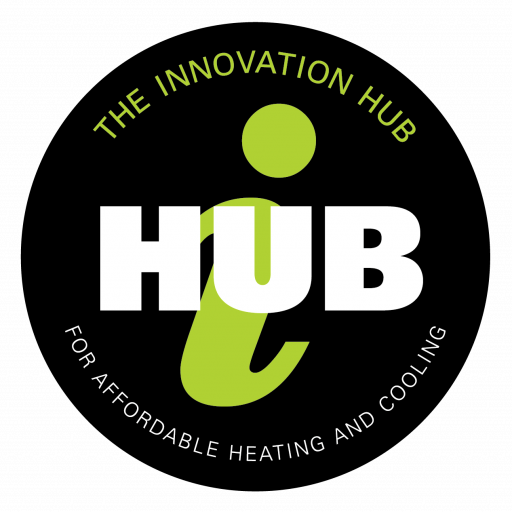Education (Schools) Living Laboratories
About the project
The project will develop the framework to quantify the impact of a holistic and integrated approach to building upgrades on classroom indoor environment quality (IEQ), school energy consumption and demand profiles.
| Project title | Education (Schools) Living Laboratories: Sector-wide engagement and impact |
| Project number | LLS1 |
| Project location | Australia |
| Lead partner | Queensland University of Technology |
| Contact | Dr Wendy Miller School of Built Environment Science and Engineering Faculty |
| Project partners | Sustainable Buildings Research Centre (SBRC) University of Wollongong |
| Project participants | Environment, Planning and Sustainable Development, ACT Government CSIRO – i-Hub Data Clearing House Melbourne University – i-Hub Integrated Design Studio |
| Start date | 01/07/2019 |
| End date | 30/06/2022 |
| ARENA / i-Hub funding | $147,042 |
| Total project cost | $480,570 |
Need
Australia’s school stock will use an estimated 8.8PJ of energy in 2020. The provision of (or demand for) thermally comfortable teaching environments (through passive or active systems) is a large driver for rising energy consumption in Australian schools. HVAC presents a significant energy and demand challenge to school communities and education departments with social, technical, economic and environmental consequences. Approaches to the provision of ‘Cool Schools’ and renewable energy in schools still tends to happen in an adhoc and silo-approach manner (i.e. without considering the system of the occupants, buildings, technologies and electricity grid, and the management and control of that system).
Action
This project will directly address the above challenges by engaging the HVAC and building services sectors and education (schools) sectors in collaboratively developing the processes for independent validation of potential solutions in a Living Laboratory. All sectors will work to develop new key performance indicators and metrics that link energy performance (especially peak demand, demand response, renewable energy and resilience) to core education services (e.g. teaching hours, student enrolments, healthy learning environments or student performance outcomes). A meta analysis of the international literature will further support this process.
Outcome
The primary outcome of this project is the development and demonstration of a Renewable Energy and Enabling Technology and Services Evaluation Framework for Schools (REETSEF). This framework will identify ethical and practical issues relating to operating Living Labs in this sector and develop the associated procedures, resources and post-occupancy evaluation protocols to assess the effectiveness of different renewable energy and enabling technologies and services, taking into consideration the needs and constraints of all parties. Consideration will be given to the need for separate REETSEFs to account for differences between school types (preschools, primary, and high schools) and environments/jurisdictions.
Additional impact
Knowledge sharing activities will be facilitated through the establishment of a Renewable Energy Knowledge Sharing Task-Group for Schools.
Jobs: UOW student projects (undergraduate and post graduate) and internships / work experience. In long term, industry will develop capabilities to test innovative technologies and new jobs will be developed because of this.
Project reports
Evaluation Framework
All sub-projects within i-Hub are evaluated as part of the ongoing i-Hub project management process. Evaluation is completed by the project manager and reviewed by the Activity Leaders Group and i-Hub Steering Committee. Please click here to read the Evaluation Framework.
Created on 31/01/2020
